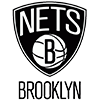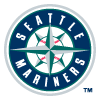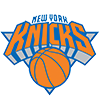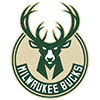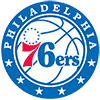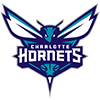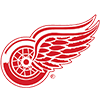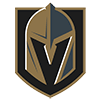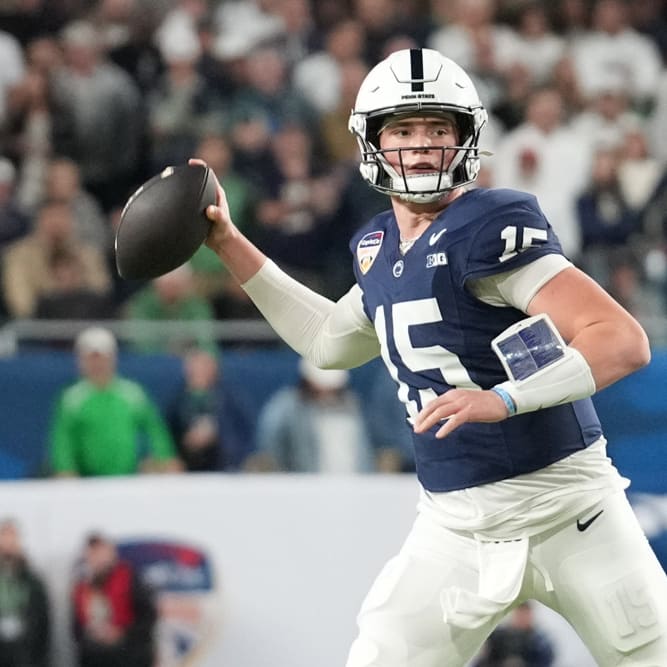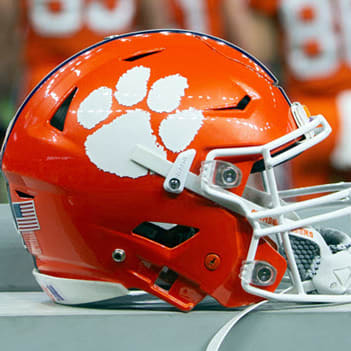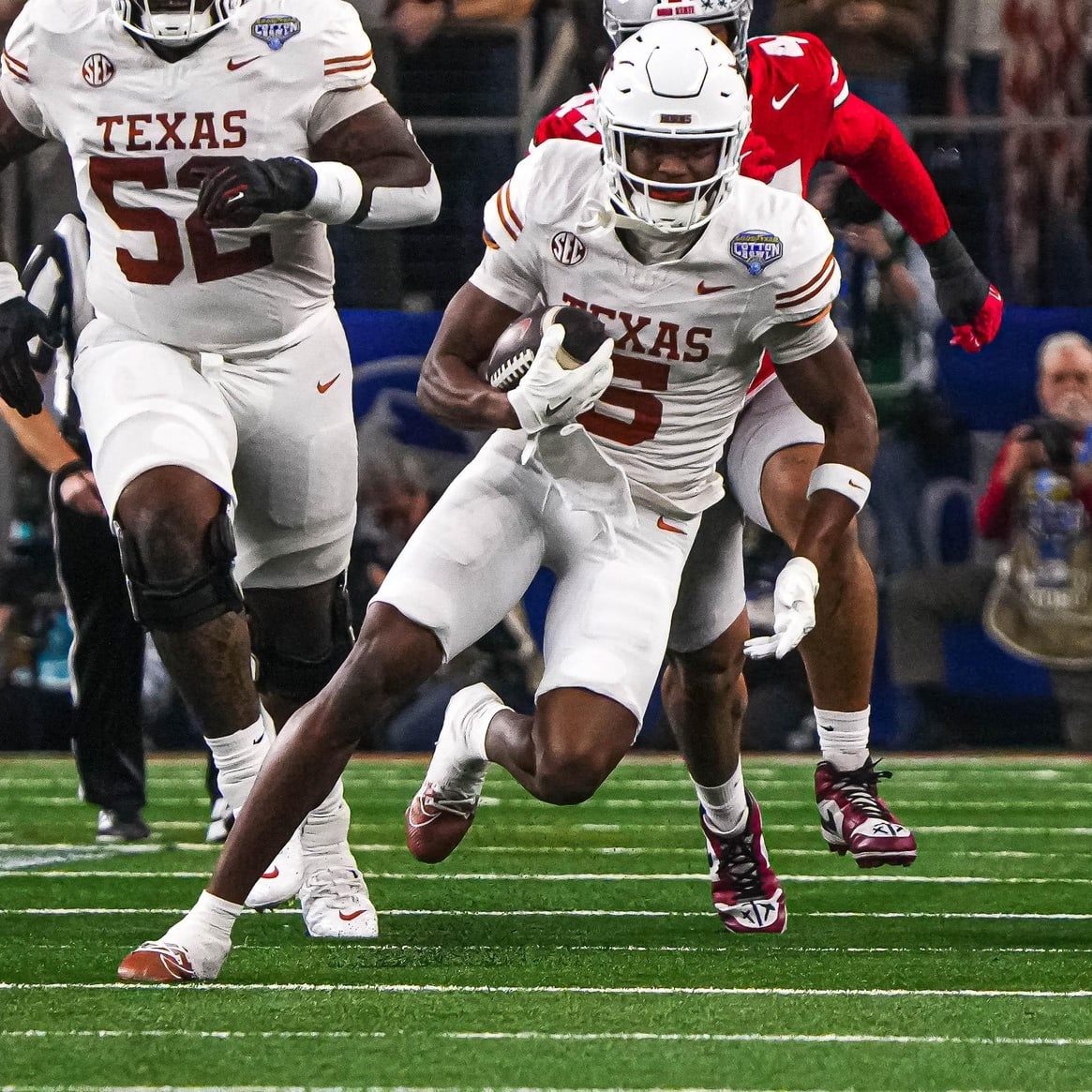For the first time in years, the 2010 Big 12 season will bring a multitude of untested talent and questions, rather than perennial All-Americans and answers. Gone are many of the big names who epitomized Big 12 football. From quarterbacks Sam Bradford, Colt McCoy and Todd Reesing, to wideouts Dez Bryant, Dezmon Briscoe and Jordan Shipley, to defensive juggernauts Ndamukong Suh, Gerald McCoy, Earl Thomas and Sergio Kindle, the list goes on and on. In fact, five of the top six picks in June's NFL Draft came out of the conference, including three Oklahoma Sooners. Even the coaching ranks saw some flux, with Mike Leach and Mark Mangino ending long tenures with Texas Tech and Kansas, respectively.
What does this mean for 2010? The Big 12 will have a bevy of fresh faces. No less than five teams will have different starting quarterbacks when play begins from just a year ago. Soon names like Toben Opurum, Garrett Gilbert and Christine Michael will be rolling off fans' tongues with gusto, as aficionados effortlessly spout off their new stars impressive statistics. Or at least, that's what they're hoping for. There's no doubt that the Big 12 remains talent-rich, though.
The usual suspects, Texas and Oklahoma, should still vie for the top spot in the conference. However, don't count out the forgotten team in the Lone Star state, the Baylor Bears. In a conference rife with new looks, Baylor will rely on a familiar face with loads of
For the first time in years, the 2010 Big 12 season will bring a multitude of untested talent and questions, rather than perennial All-Americans and answers. Gone are many of the big names who epitomized Big 12 football. From quarterbacks Sam Bradford, Colt McCoy and Todd Reesing, to wideouts Dez Bryant, Dezmon Briscoe and Jordan Shipley, to defensive juggernauts Ndamukong Suh, Gerald McCoy, Earl Thomas and Sergio Kindle, the list goes on and on. In fact, five of the top six picks in June's NFL Draft came out of the conference, including three Oklahoma Sooners. Even the coaching ranks saw some flux, with Mike Leach and Mark Mangino ending long tenures with Texas Tech and Kansas, respectively.
What does this mean for 2010? The Big 12 will have a bevy of fresh faces. No less than five teams will have different starting quarterbacks when play begins from just a year ago. Soon names like Toben Opurum, Garrett Gilbert and Christine Michael will be rolling off fans' tongues with gusto, as aficionados effortlessly spout off their new stars impressive statistics. Or at least, that's what they're hoping for. There's no doubt that the Big 12 remains talent-rich, though.
The usual suspects, Texas and Oklahoma, should still vie for the top spot in the conference. However, don't count out the forgotten team in the Lone Star state, the Baylor Bears. In a conference rife with new looks, Baylor will rely on a familiar face with loads of potential. If junior Robert Griffin proves healthy on his way back from a torn ACL, he could be among the more dynamic players in the country. It will also be interesting to see if Nebraska's defense can remain stingy despite the loss of A Boy Named Suh.
But make no mistake about it—the Big 12 is still a quarterback-driven league. Oklahoma, Missouri, Texas A&M and aforementioned Baylor appear to have a head start on everybody else in that regard as well. Blaine Gabbert of Mizzou has the look of a studly quarterback, while Landry Jones thrived despite being thrown into the fire as a freshman for the Sooners last year. And Texas A&M's Jerrod Johnson may have had the best 2009 of all among the returnees. With all the fresh blood, it should still be the upper class veterans who rise to the top in the Big 12.
Jerrod Johnson, QB, Texas A&M
Johnson had to beat out wide receiver Ryan Tannehill for the starting quarterback job in training camp last season, but he won't have any competition this season. Johnson exploded for 38 total touchdowns and more than 4,000 total yards last year, with 30 scores coming through the air (fifth in the nation). His eight interceptions were two less than the previous year despite 171 more attempts. A physical specimen at 6-5, 243, Johnson gained 506 yards on the ground in addition to 3,579 passing yards. If he can push his completion percentage into the mid-60-percent range (59.6 last season) the dual-threat Johnson will cement his place among the elite.
Brandon Weeden, QB, Oklahoma State
Weeden should be one of the nation's top fantasy quarterbacks in 2010, certainly better than Zac Robinson was last year. Oklahoma State's new offensive coordinator is Dana Holgorsen, who formerly coordinated the Houston offense. Weeden might be throwing around 600 passes this year, making him something of a second Case Keenum if all goes according to plan. He has a good group of wideouts to throw to and a strong running game helping out thanks to Kendall Hunter, so all the pieces are in place for a big season from Weeden.
Landry Jones, QB, Oklahoma
Jones had a quick learning curve last season after Sam Bradford went down with a shoulder injury. He barely missed a beat, tossing 26 scores and accumulating 3,198 yards despite Bradford looming in the background at times. With top target Ryan Broyles back and a full off-season as the starter under his belt, Jones should be able to improve on last season's numbers.
Robert Griffin, QB, Baylor
Griffin tore the ACL in his right knee in the third game of Baylor's season in 2009. It was a crushing injury for Griffin, who started the season with six touchdowns and no interceptions. In 2008, as a freshman, he passed for more than 2,000 yards and rushed for more than 800 yards, while compiling an impressive 28 touchdowns. While his running prowess may not be on display as much early in the season, Griffin is a bona fide double-threat who still has his top weapons (running back Jay Finley and wide receiver Kendall Wright) in his huddle. If he stays healthy, he should be alongside players like Dwight Dasher and Ricky Dobbs as college football's top rushing threats at quarterback.
Blaine Gabbert, QB, Missouri
Gabbert had some big shoes to fill last year replacing the man who put Mizzou football on the map, Chase Daniel. Gabbert didn't disappoint, throwing for 3,593 yards and 24 touchdowns in his sophomore season. His wheels were underrated too, as he rushed for 204 yards and another three scores. He'll have to make due with a new receiving corps after losing the nation's leading receiver in Danario Alexande, but the Mizzou system should help everyone adjust just fine. With a full season under his belt, expect another stellar output from the Blaine Train.
DeMarco Murray, RB, Oklahoma
Murray had a down year for the Sooners after an explosive first two seasons in Norman, posting career-lows in rushing yards and touchdowns. On the bright side, his receiving improved drastically, as he caught 41 balls for 522 yards and four touchdowns. With Chris Brown graduating, the shifty Murray will no longer have to share quite as many carries, and should be the focal point of the Oklahoma offense. He could be the most complete back on this list.
Baron Batch, RB, Texas Tech
Batch is a tough back to gauge due to the implementation of a new coach this offseason. Mike Leach's high-powered offense is out, and Tommy Tuberville is in. Batch managed nearly 1,300 total yards and 15 touchdowns last season, but how Batch will be used is a big question for the Red Raiders, and fantasy owners alike.
Kendall Hunter, RB, Oklahoma State
Hunter battled a nagging ankle injury for most of 2009, severely limiting his production. In 2008, he was the seventh-leading rusher in the nation with 1,555 yards and 16 touchdowns. Hunter has declared himself healthy for this season, and with Keith Toston and Beau Johnson no longer in the fold, Oklahoma State will lean heavily on Hunter and hope he returns to his sophomore form. Expect his receiving numbers to go way up in Holgorsen's new offense.
Daniel Thomas, RB, Kansas State
A converted quarterback, Thomas had no problems adjusting to the running back position in 2009 for the Wildcats, rushing for 1,265 yards and 11 touchdowns. Thomas also caught 25 balls for 257 yards as well, showing his versatility and big-play abilities. With the graduation of both starting wideouts, as well as a shaky quarterback position, Thomas will bear the bulk of the offensive load for KSU in 2010.
Roy Helu, Jr., RB, Nebraska
Helu's first year as a starter was a success, as he posted 1,147 yards and nine touchdowns on the ground despite battling a shoulder injury for most of the season. With the QB position still in flux for the 'Huskers, expect a heavy dose of Helu this season, though beware of sophomore Ryan Burkhead stealing some carries.
Derrick Washington, RB, Missouri
Washington wasn't particularly bad in 2009, he just wasn't spectacular. After totaling 1,036 yards and 17 TDs on the ground in 2008, he managed only 865 yards and 10 scores in 2009, with a career-low 4.6 YPC. While Washington took a backseat to the passing game with the likes of QB Blaine Gabbert and WR Danario Alexander, the departure of the top two receivers for Mizzou should mean a slight trend back toward the running game. As such, 1,000 yards and double-digit TDs are not out of the question for D-Wash.
Alexander Robinson, RB, Iowa State
Robinson totaled 1,456 yards and nine touchdowns in 2009, including his first 1,000-yard performance. Robinson had career highs in nearly every significant category, including averaging 5.2 yards per rush. With head coach Paul Rhoads looking to get Robinson more involved in the passing game, opponents should get sick of seeing A-Rob by the end of most contests.
Rodney Stewart, RB, Colorado
Stewart finally has the starting job all to himself with the transfers of Darrell Scott and Demetrius Sumler. The diminutive back averaged just 4.1 yards per carry in 2009, but still managed 804 yards and nine touchdowns last season. With the pressure of battling for playing time now behind him, expect Stewart to reach 1,000 yards and double-digit TDs for the first time in his career.
Ryan Broyles, WR, Oklahoma
Broyles had a lot working against him last year yet still finished with 89 catches for 1,120 yards and 15 receiving touchdowns. Thanks to a shoulder injury, he was held to three receptions for 70 yards across three mid-season contests, missing one game. He also had to deal, of course, with the loss of Sam Bradford and the introduction of Landry Jones. With good health and Jones' continued development, Broyles, who has blazing speed, should once again be among the nation's best.
Jeff Fuller, WR, Texas A&M
Fuller suffered a broken fibula in his right leg last season, which limited him to just two receptions in five early season games. He finished the season with 41 catches for 568 yards and seven touchdowns, posting consecutive 100-yard games and three scores in the final two games of the season. Fuller is healthy and should revive his job description as the big-play receiver for A&M quarterback Jerrod Johnson. Ryan Tannehill and Uzoma Nwachukwu are good targets as well, but Fuller is the best of the bunch.
Detron Lewis, WR, Texas Tech
It's a new era in Lubbock, but new coach Tommy Tuberville plans to stick with the pass-first offense of former coach Mike Leach that usually produced fantasy MVPs. Tuberville's version is a no-huddle, quick-snap attack that hopes to generate up to 100 plays a game. If that happens, Lewis is in a good position to improve his 2010 numbers. A gimpy hamstring limited his production last year, and he scored just six touchdowns. That said, it's hard to know what to expect out of Tech's offense until it's seen in game action. Consider Lewis a high-risk/high-reward pick.
Top Sleepers
Christine Michael, RB, Texas A&M
Although he split carries with fellow running back Cyrus Gray, Michael bulldozed his way to 844 yards and 10 touchdowns during his freshman year. Michael's upside outweighs Gray's, so expect
the 5-11, 206-pounder to begin the season as the No. 1 back on the depth chart for the Aggies. That could mean a 1,000-yard season and double-digit touchdowns for the super sophomore, though he needs to fumble less to stay on the field.
Kendall Wright, WR, Baylor
Wright had a strong season for the underachieving Bears in 2009, totaling 64 receptions for 740 yards and four touchdowns and also rushing for 132 yards. The return of the dynamic Robert Griffin should increase Wright's productivity, though, for what will be a solid Baylor squad in 2010.
Fozzy Whittaker, RB, Texas
Whittaker should finally be healthy after battling some nagging ailments his first two years at Texas. And with Colt McCoy gone, the Longhorns figure to rely much more on the running game, right? Well, the problem lies in Mack Brown's notorious refusal to stick with one primary rusher throughout his tenure at UT. And with Tre' Newton, Vondrell McGee, Cody Johnson and redshirt freshman Chris Whaley all in the mix, Whittaker will need to absolutely explode out of the gate to be the anchor for the Longhorns rushing attack for the entire 2010 campaign.
Brandon Bourbon, RB, Kansas
New coach Turner Gill didn't have a standout recruiting class, but his prize signee was Bourbon, a 6-2, 205, running back. All Bourbon did in high school was rush for almost 5,000 yards and 63 touchdowns in two seasons. He's got solid speed and excellent vision, and should give Toben Opurum a run for his money for the starting job.
Johnny Deaton, QB, Oklahoma State
Deaton is a dual-threat quarterback with speed, agility and a stellar throwing arm. The 6-2, 200-pounder is a good keeper option behind current starter Brandon Weeden. Even though the Cowboys figure to go with the older, less mobile Weeden, Deaton has been compared favorably to former starter Zac Robinson in both style of play as well as his personality. Should Weeden struggle, Deaton could unseat him as the OK State gunslinger of the future.









